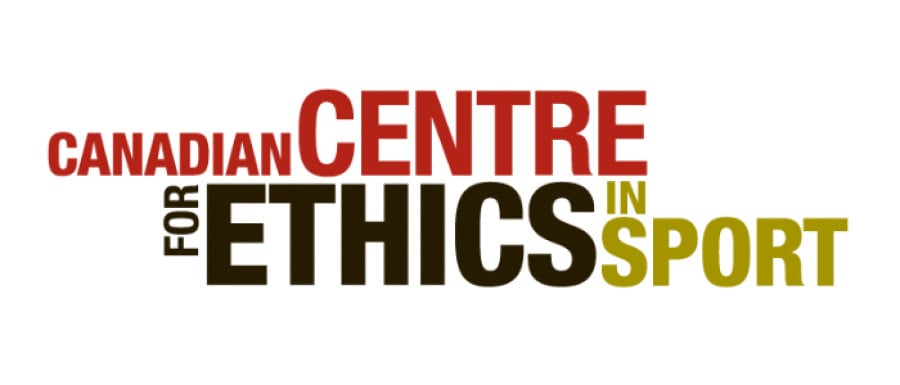CCAA Soccer Athlete Suspended for the Presence of D- and L-Amphetamine
Press Release 11 May 2017 The Canadian Center for Ethics in Sport (CCES) announced today that Matthew Pierre, a Canadian Collegiate Athlete Association (CCAA), has received a two-year sanction for an anti-doping rule violation. The athlete's urine sample, collected during in-competition doping control on November 10, 2016, revealed the presence of D- and L-amphetamine. D- and L-amphetamine is classified as a "specified substance" on the World Anti-Doping Agency Prohibited List. Under the rules of the Canadian Anti-Doping Program (CADP), the period of ineligibility for a first violation for the presence of a "specified substance" is two years, unless an athlete can meet the conditions for eliminating or reducing the period of ineligibility . In response to the CCES 'notification of the adverse analytical finding, Mr. Pierre admitted the anti-doping rule violation and a hearing was held to determine the sanction length. Arbitrator Patrice Brunet. Since Mr. Pierre admitted the violation in a timely fashion, his sanction will conclude on November 9, 2018. The athlete, who resides in Surrey, British Columbia, is ineligible to participate in any CADP With teammates. A copy of the full decision can be found at www.crdsc-sdrcc.ca . The CCES is an independent, national, not-for-profit organization with a responsibility to administer the CADP. Under the CADP rules, the CCES announces publicly every anti-doping rule violation. We recognize that we can make a great difference for individuals, communities and our country. We are committed to working collaboratively to activate a value-based and principle-driven sport system; Protecting the integrity of sport from the negative forces of doping and other unethical threats; And advocating for sport that is fair, safe and open to everyone. May 11, 2017 The Canadian Center for Ethics in Sport (CCES) has announced that Matthew Pierre, a Douglas College Canadian Athletic Association (CCAA) soccer player, has just been given a two-year suspension For an anti-doping rule violation. This violation was discovered by the analysis of a urine sample collected during a competitive doping test conducted on November 10, 2016, which revealed the presence of D- and L-amphetamine. D- and L-amphetamine is classified as a "Specific Substance" on the Prohibited List of the World Anti-Doping Agency (WADA). Under the Canadian Anti-Doping Program (CADP) regulations, the suspension period for a first violation for a specific substance is two years, unless the athlete concerned meets the conditions Eligible for the elimination or reduction of the period of suspension. In response to the CCES opinion regarding this adverse analytical finding, Mr. Pierre admitted that he had violated the anti-doping rule and a hearing was held to determine the duration of the sanction. Referee Patrice Brunet imposed a two-year suspension. Since Mr. Pierre admitted the violation in a timely manner, his sanction will expire on November 9, 2018. During this period, the athlete who is resident in Surrey, British Columbia is prohibited from participating in any capacity , To any organized sport signing the BCP, including training with teammates. A copy of the full decision can be found at www.crdsc-sdrcc.ca . The Canadian Center for Ethics in Sport is the national independent, non-profit organization responsible for the administration of BCP. Under the BCP rules, the CCES is required to make public any anti-doping rule violation. We recognize that healthy sport can make a big difference for individuals, communities and our country. We have made a commitment to work together to activate a values-based and principled sport system; To protect the integrity of sport from the negative forces of doping and other unethical threats; And to defend sport that is fair, safe and open to all.
English
French
CCAA soccer athlete suspended for presence of D- and L-amphetamine




